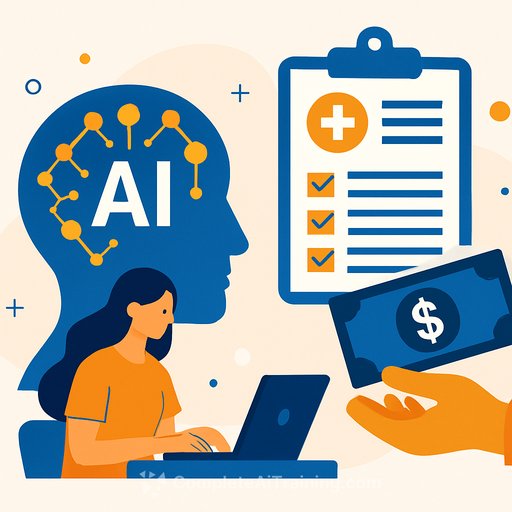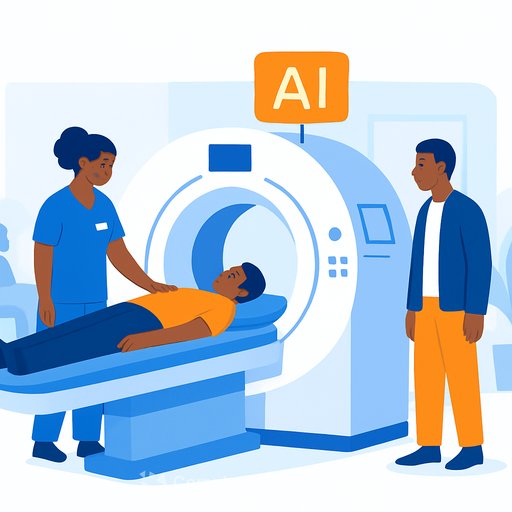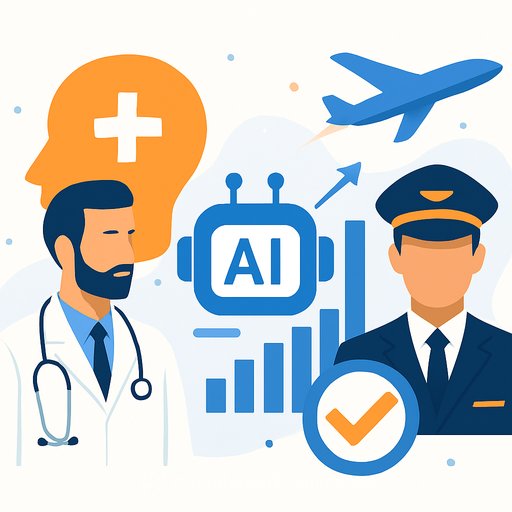Leveraging AI for Payment Integrity in Healthcare
More than five billion claims are processed annually in the U.S., making error detection a significant challenge for health plans. These undetected errors contribute to hundreds of billions of dollars in wasted healthcare spending. However, advances in artificial intelligence (AI) offer practical ways to improve payment accuracy and efficiency.
When combined with deep healthcare knowledge, AI can enable more targeted interventions, scale error detection, enhance the quality and consistency of human reviews, and uncover new methods to identify inaccuracies. While marketing around AI solutions can be overwhelming, focusing on genuine value is key to driving meaningful improvements in payment integrity.
Use Case #1: Scaling Error Detection
Provider contracts are essential for accurate payments but often exist in various formats across multiple systems. This variation makes it difficult to detect contract-based errors at scale, leading to inaccurate payments.
By applying large language models (LLMs), AI can read complex contract documents, extract relevant terms, and convert them into machine-readable formats. This digitized contract data, combined with historical claims data, powers AI-driven decision intelligence. The result: faster development of contract-based claim edits integrated directly into data mining systems.
This approach helps health plans identify contract errors and overpayments more efficiently, improving payment accuracy across millions of claims.
Use Case #2: Augmenting Human Reviews
While AI can automate many tasks, human oversight remains critical, especially for clinical decision-making. Claims flagged as having high error probabilities are sent to clinical reviewers for detailed assessment.
Manual reviews are time-consuming and prone to human error, which can delay claim processing. AI augmentation tools using LLMs now assist reviewers by extracting key clinical terminology from medical records tied to relevant CPT codes and clinical guidelines.
These tools highlight critical evidence directly within medical records, allowing reviewers to quickly verify coding accuracy. This reduces the risk of missing important information, streamlines the review process, and supports faster, more consistent decisions.
Use Case #3: Exploring New Opportunities to Improve Accuracy
Generative AI agents powered by LLMs help uncover new ways to detect payment inaccuracies. Through an integrated AI ecosystem, researchers can analyze vast analytics data to identify gaps and opportunities for improvement.
For example, as healthcare shifts from inpatient to outpatient care, AI agents analyze relevant data to provide actionable insights. These agents cross-reference internal knowledge bases and external resources to validate recommendations efficiently.
Automating routine research tasks frees up teams to focus on innovation, accelerating the development of smarter payment integrity solutions.
Responsible Use of AI
Ethical AI deployment is a priority. Models undergo third-party reviews to ensure they are transparent, explainable, and compliant with healthcare privacy and security standards. These safeguards help maintain trust and protect sensitive information throughout the claims process.
About Optum
Optum is a leader in information and technology-enabled health services dedicated to improving payment accuracy across the claim lifecycle. By helping clients pay claims correctly and on time, Optum supports a more affordable healthcare system.
For professionals interested in expanding their AI skillset in healthcare and beyond, exploring Complete AI Training’s latest courses can provide practical knowledge on implementing AI effectively.
Your membership also unlocks:





